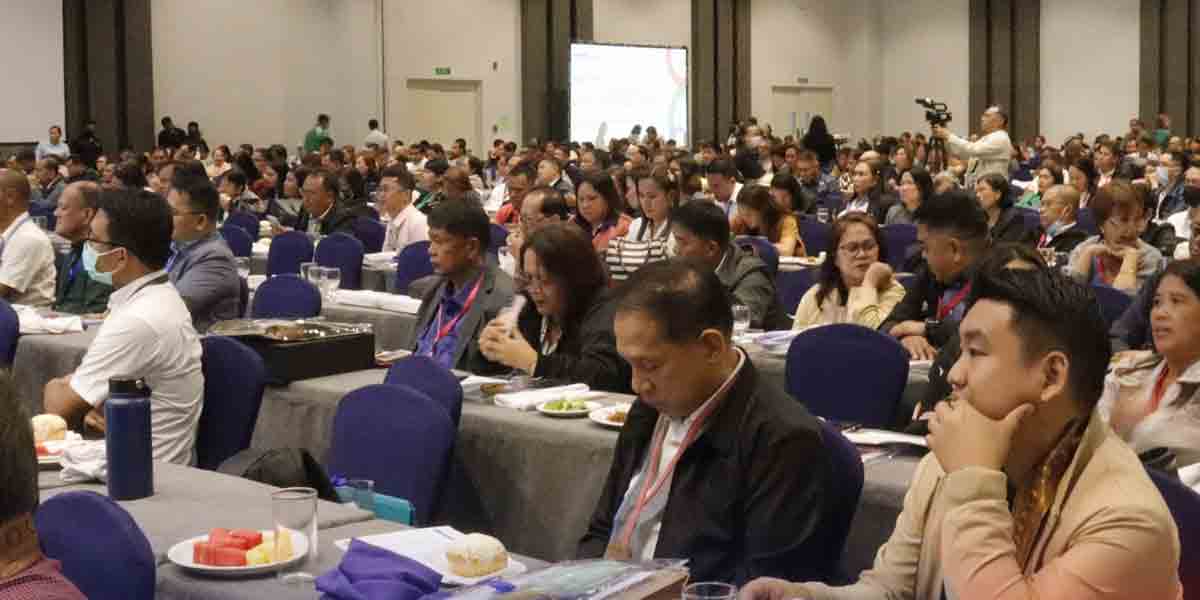 By Lucell Larawan
By Lucell Larawan
Trust is like the waning crescent moon that dwindles. This is Robert Hurley’s (2006) research finding from 450 executives from 30 companies worldwide, which emphasized that half of the managers do not trust their leaders. His study agrees with the results of Golin Harris survey where 69 percent of the respondents agreed with the statement: “I just don’t know who to trust anymore.”
The general trend is perplexing. A distrustful workplace atmosphere leads to terminal problems. I cannot agree more with Harley whose seminar participants described such environment as “threatening,” “stressful,” “unproductive,” and “divisive”.
On the other hand, firms try to create a culture of trust because they want to win in the talent war. Who wants to stick to a stressful, divisive environment if the talents can choose a supportive and productive one?
It is then important for organizations to be trustworthy. The WorldCom fiasco underscores how tragic a broken trust can be.
For entrepreneur Stephen Key, building trust is as simple as telling the truth. This idea is operationalized in these actions: 1) Be honest about missed appointments; 2) Own up to your mistakes; and 3) Be forthright about your motives.
If you apply for several jobs online, for example, do not ignore interview appointments. Usually, if you are scheduled for an interview and do not show up, firms can blacklist you. As a result, you will find it difficult to land a job. A tip: if you cannot come for an interview, inform the company in advance and let it know the reason.
And why own up to your mistake? This quote from the internet tells about mistakes: “All men, no matter how big, make mistakes. But history teaches us that big men refuse to falter because of their mistakes. Henry Ford forgot to put a reverse gear in his first automobile. Edison once spent over two million dollars on an invention which proved of little value. The man who makes no mistakes lacks boldness and the spirit of adventure. He is the one who never tries anything new; he is the brake on the wheels of progress. Remember, a mistake becomes an error only when nothing is done to correct it.”
What destroys trust is making a mistake and covering it up. A boss tells his employee to write an article for his own website. Afterwards, one false assumption provokes the reading public and the boss blames it to his writer, though he reviewed the article before publication. This is the opposite of owning up to one’s mistakes.
Put yourself in the shoe of a product developer who wants to present your idea for a licensing agreement. There is a temptation to be secretive. But realize that the companies who want to license your idea do not want to discover later on that you have accepted another offer. So be transparent. The best approach is to tell each party that other companies are also interested. Consider that no one accepts surprises. This gives a firm the chance to move quickly—either to walk away or be on the waiting list. When you give one the opportunity to decide, it establishes trust.
Before you play around with those who trust you, take this quote from J.M Barrie in Peter Pan: “All the world is made of faith, and trust, and pixie dust.”






















